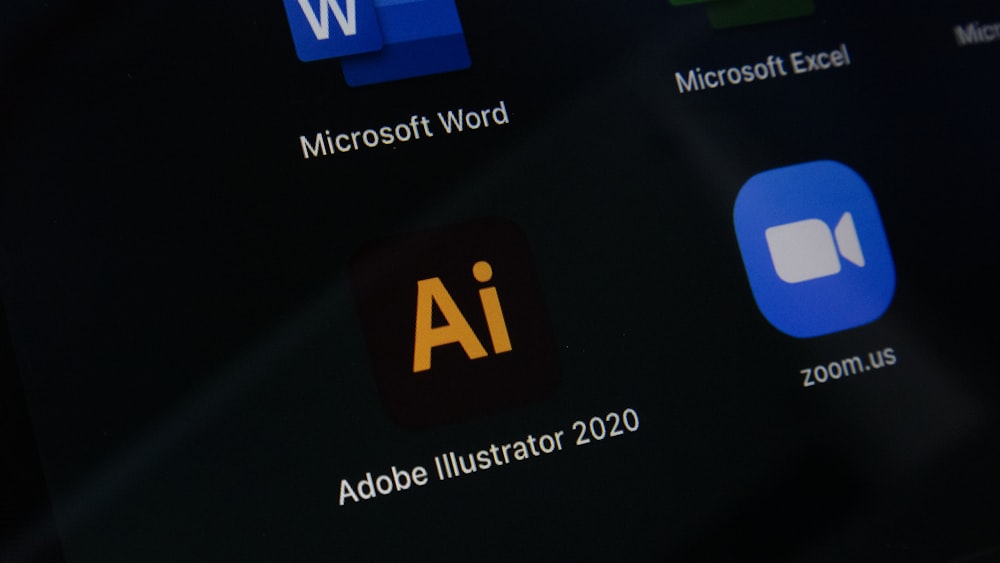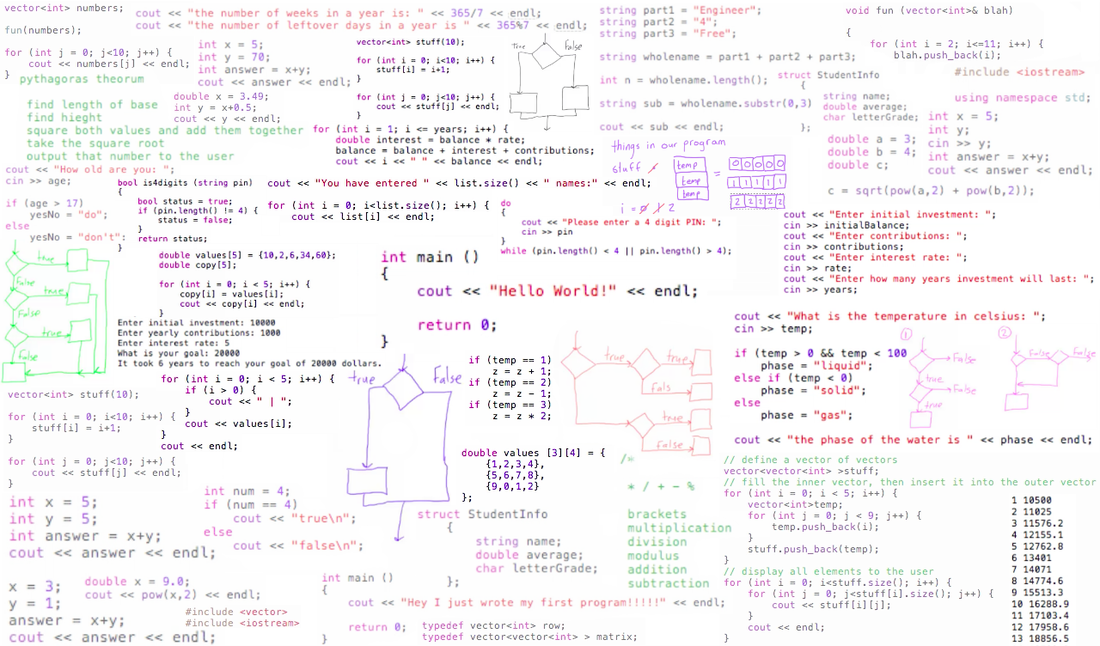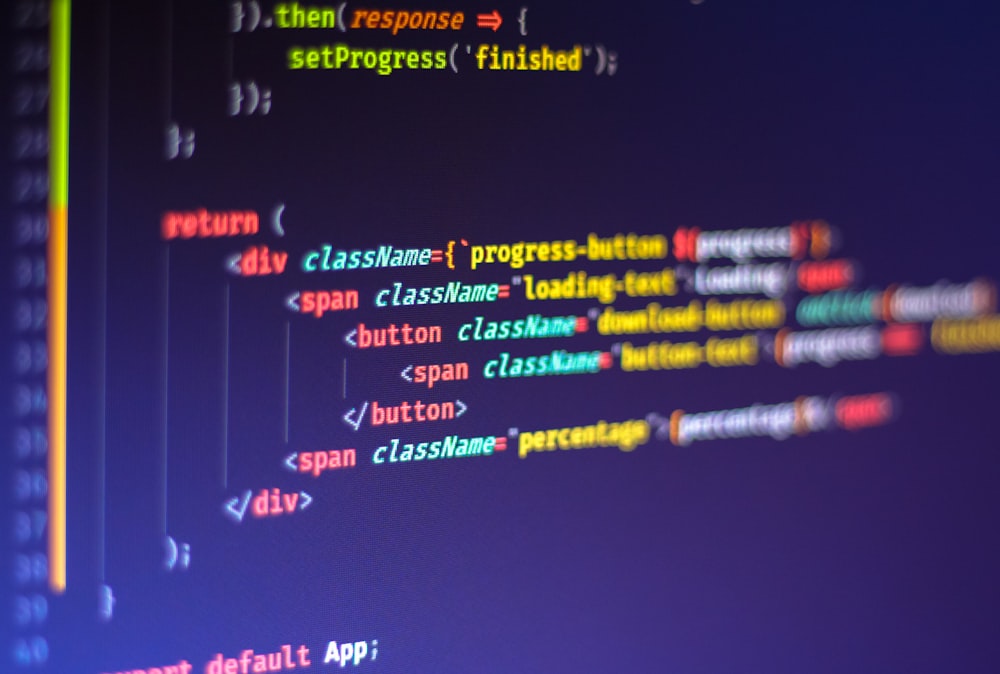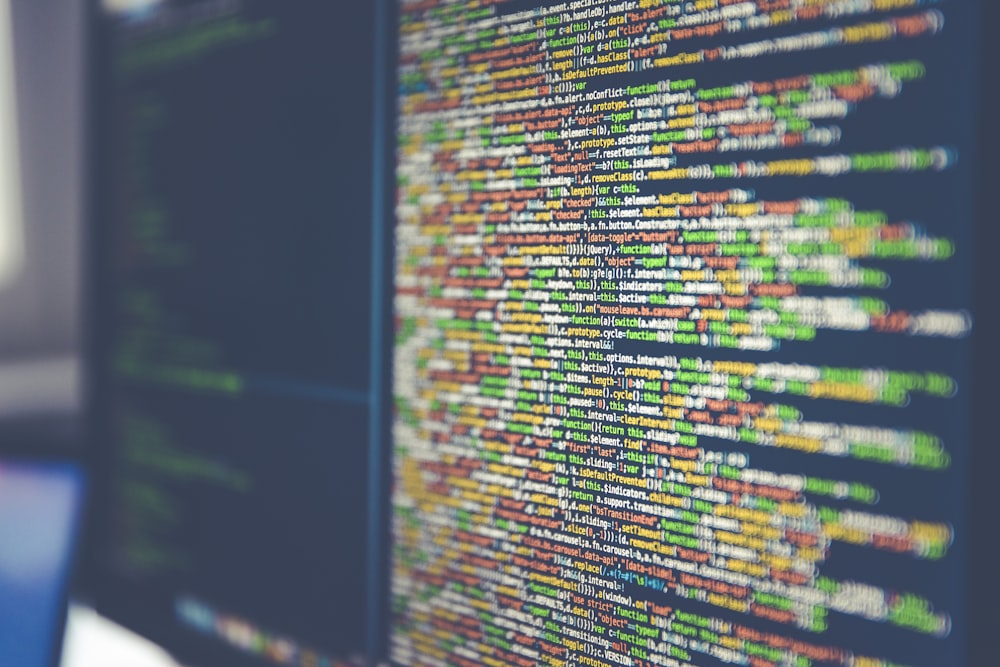
Game Development Software Crafting Virtual Realities
Crafting Virtual Realities with Game Development Software
In the vibrant realm of technology, game development software stands as the architect behind the virtual worlds that captivate and immerse us. From indie developers to industry giants, the tools available for crafting these digital landscapes have evolved significantly. Let’s delve into the world of game development software, exploring its nuances and the pivotal role it plays in shaping the gaming experiences we cherish.
Diverse Landscape of Game Development Software
The landscape of game development software is as diverse as the games themselves. From 2D platformers to expansive open-world adventures and virtual reality experiences, there’s a tool for every game developer’s vision. Whether you’re an individual hobbyist or part of a seasoned game development studio, the variety of software options caters to different skill levels and project scopes.
Unity: Unifying Development Experiences
Unity has emerged as a cornerstone in the world of game development software. This versatile platform supports both 2D and 3D game development, offering a user-friendly interface and a robust set of features. Unity’s asset store provides a treasure trove of resources, from ready-made assets to complex plugins, empowering developers to bring their visions to life efficiently.
Unreal Engine: Powering Visual Spectacles
For those seeking unparalleled visual fidelity and cinematic experiences, Unreal Engine stands as a powerhouse in game development software. With its sophisticated graphics capabilities and a blueprint system that facilitates visual scripting, Unreal Engine is a go-to choice for creating visually stunning and technically advanced games. The engine’s versatility extends to virtual production and architectural visualization.
Godot: Open-Source Flexibility
Godot, an open-source game engine, offers a flexible and cost-effective solution for game developers. Its intuitive scene system and node-based architecture simplify game creation, making it accessible for both beginners and experienced developers. With support for multiple platforms and programming languages, Godot empowers developers to embrace creativity without the constraints of licensing fees.
CryEngine: Realistic Environments and Physics
CryEngine is synonymous with creating realistic environments and leveraging advanced physics in game development. Known for its prowess in rendering lifelike visuals, CryEngine has been the driving force behind visually immersive games. The engine’s capabilities extend to virtual reality, opening doors for developers to craft experiences that blur the lines between the real and virtual worlds.
GameMaker Studio: Bridging Accessibility and Complexity
GameMaker Studio strikes a balance between accessibility and complexity, making it an ideal choice for aspiring game developers. Its drag-and-drop interface simplifies game creation for beginners, while the integrated scripting language allows for intricate control and customization. GameMaker Studio caters to a broad spectrum of games, from simple mobile titles to complex indie projects.
Construct: Visual Game Development for Everyone
Construct takes a unique approach by focusing on visual game development with a no-code philosophy. This game development software empowers individuals with little to no programming experience to create compelling games. The intuitive event system and visual editor streamline the development process, making game creation accessible to a broader audience.
Choosing the Right Tool for the Job
The diversity of












